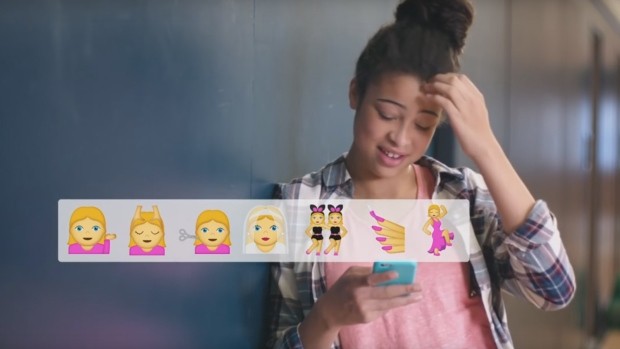On May 10, a team of Google employees handed out a proposal to the Unicode consortium, a non-profit group that approves emojis, which necessitated creating a new set of emojis representing a wide range of professions for both women and men.
The emoji proposal had a goal of highlighting the diversity of women's careers as well as empowering girls everywhere. The Google team specifically communicated through their proposal that emojis should reflect the reality that women play key roles in every profession and walk of life.
According to the Washington Post, young women are the most creative users of emojis. Statistics show that 78 percent of women against 68 percent of men are frequent senders of images, with the usage dropping after age 30.
Women are also likely to use emojis at work when they communicate with peers. With these facts at hand, coupled with evidence of increased searches of professional emojis over other groupings, the Google team tabled the proposed emojis that show that women are professionals, too.
The team, which includes co-founder of Unicode Consortium Mark Davis came up with 13 professions to represent. It picked them out from examined sources including reports about professions dominated by women and from the Bureau of Labor Statistics data.
To polish out their choices, they scrutinized the jobs that compose Global GDP and further collapsed them categorically depending on growth, global popularity, and overall representation. Also, they extracted some of careers from fields like technology, science, math, and engineering.
In the proposal, the team said that it would like the emojis to get standardized. The final 33 images are prospected to show men and women representing careers such as medicine, metallurgy, and even rock stars.
This proposal follows previous reports that indicated that emojis would eventually become racially diverse, allowing users to pick from skin tones. There is also increasing attention to lack of women's emojis as noted in the Google team's proposal.
Even after the emojis are approved, there is still a long process ahead. Vendors will have to work on them and then manufacturers will have to add them to phones later on. But the Google proposal has a chance of inducing faster implementation as personalities like Michelle Obama are already showing their devotion.
Here is a clip on more about the Google Team's emoji proposal:



























